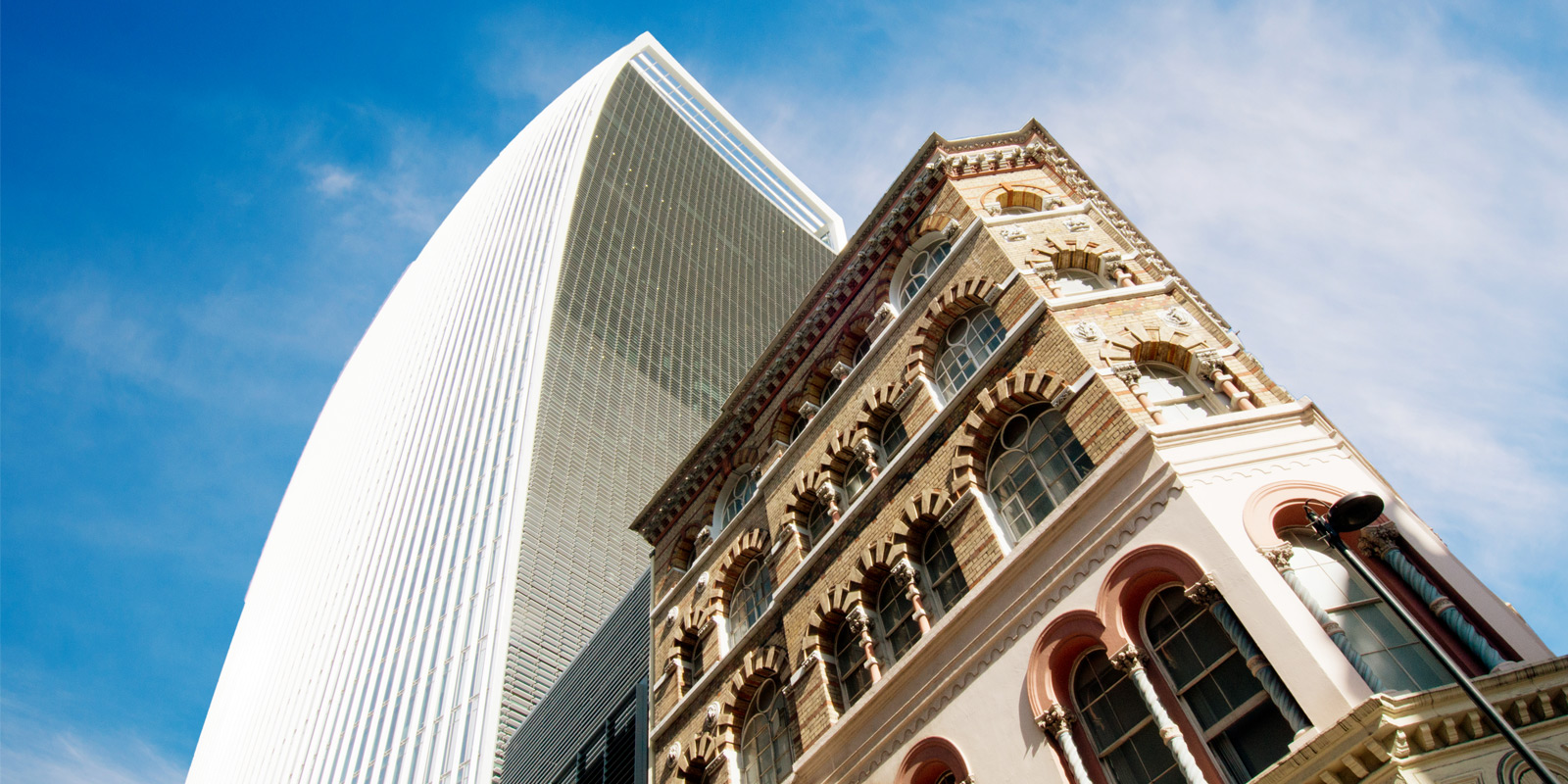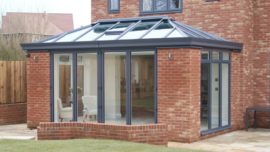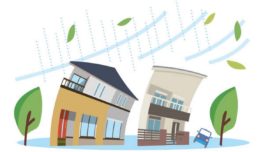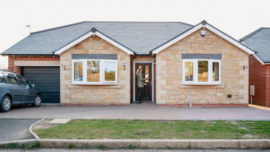
Learning About Change Of Use And What Their Class Mean
What is a change of use?
A change of use means when a building or occupancy is altered or replaced, for example from manufacturing to an office.
If you wish to apply for a change of use of premises, you may need to get planning permission from the local authority. However, planning permission will not be needed if your existing and proposed fall within the same class.
Current use classes –
For any applications, the use classes in effect when the application was submitted will be to determine it.
Class B –
- B2 General industrial – use for industrial process other than one falling within class E.
- B8 Storage or distribution – this class includes open air storage.
Class C –
- Firstly, C1 Hotels – hotels, boarding and guest houses where no significant element of care is provided.
- C2 Residential institution – residential care homes, hospitals, nursing homes and boarding schools
- C2A Secure residential institution – Including prison, young offenders’ institution, detention centre, custody centre, secure hospital etc.
- C3 Dwellinghouses – this class is formed in 3 parts: C3A use by a single person or family.
- C3B covers up to 6 people living together. E.g., supported housing for people with learning disabilities and mental health issues.
- C3C allows for groups of people living together as a single household.
- C4 houses in multiple occupation – small shared houses occupied by 3 – 6 unrelated people.
Class E – Commercial, Business and Service –
- E(a) Retail sale of goods, other than hot food
- E(b) Sale of food and drink for consumption on the premises
- E(c) provision of: Financial services and professional services
- E(d) Indoor sport or fitness
- E(e) Medical or health services
- E(f) Day nursery or day centre
Class F – Local Community and Learning –
- In addition, F1 Learning and non-residential institutions –
(a) Provision of education
(b) Display works of art
(c) Museums
(d) Public libraries
(e) Public halls
(f) Worship or religious instruction
(g) Law courts
- F2 Local community –
(a) Shops selling essential goods, including food.
(b) Halls or meeting places for the use of the local community.
(c) Places for outdoor sports.
(d) Indoor or outdoor swimming pools or skating rinks.
Sui generis
Finally, the definition is buildings that don’t fall within any particular use class. Some examples include theatres, arcades, casinos, nightclubs, laundrette.






